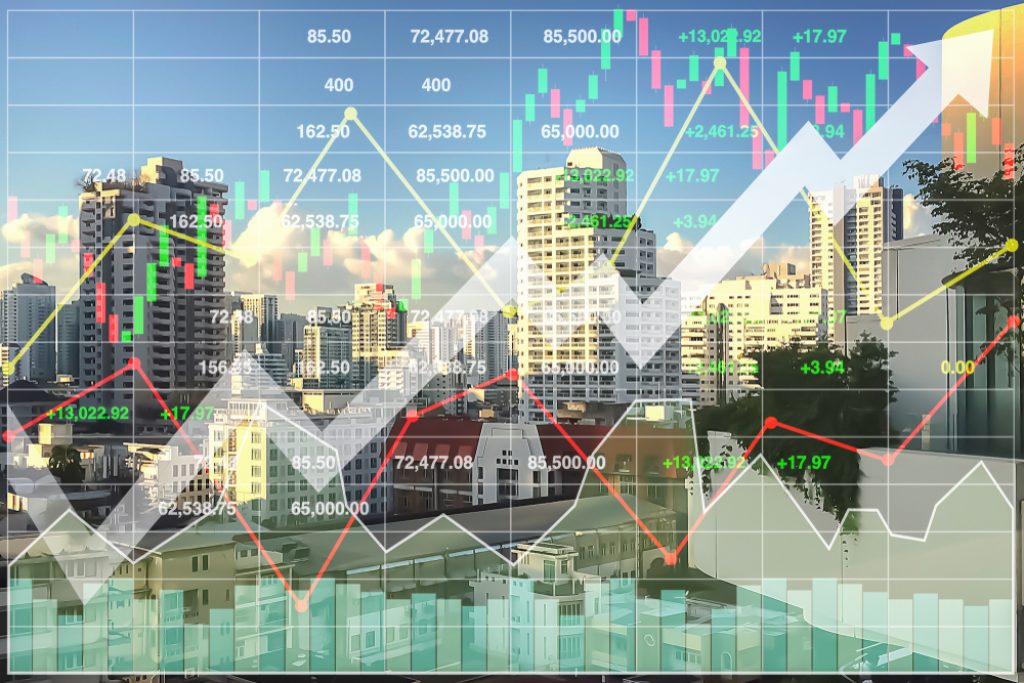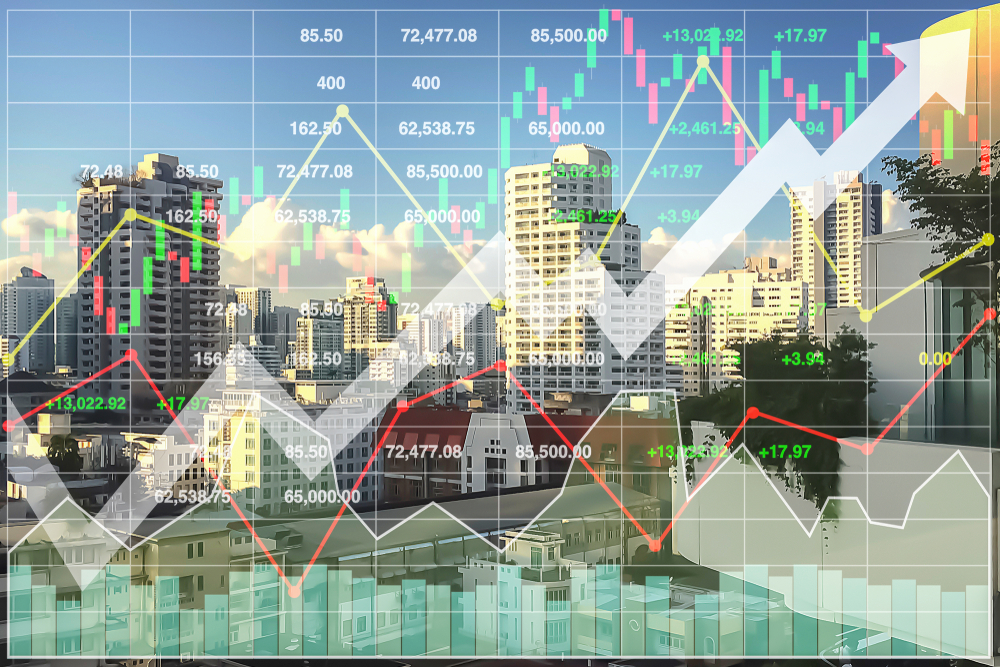Investors added £11.39bn to their holdings in the first half of 2024 – the best six months for equity funds on record.
In June alone, investors added £1.72bn to their equity fund holdings, with this June being one of five of the 15 best months coming in 2024, according to a global funds network.
Calastone noted that the June figures “extended a remarkably strong few months of inflows”.
Global equity funds scooped £1.36bn, while investors left European equities with a net £714m.
After two months of net-selling, emerging markets mopped up £269m. However, with investors previously plumping for North American equities, this month inflows “completely dried up”.
After breaking a number of records, investors withdrew £0.6m “despite the ongoing strong performance of the US equity market”, Calastone noted.
Turning to the UK stock market which dropped back from the FTSE 100 record highs recorded in May, net outflows slowed during June. During the month, investors cashed in £522m of their UK-focused equity fund holdings. This was the “least bad” month so far in 2024.
Meanwhile, ESG funds which had recently enjoyed their best few months since 2021 after a long-period of divestment, saw £5.1bn added to holdings since the start of the year to May.
But in June, investors tipped into net selling territory for the first time since December, withdrawing £179m of cash from the sector. “The evaporation of interest in US ESG funds in June meant ongoing outflows from UK-focused ESG funds in particular made the most negative contribution and helped pull the overall figure into net selling,” Edward Glyn head of global markets at Calastone said.
Elsewhere, Glyn noted that bond funds saw outflows despite greater optimism on rate cuts in the UK.
This meant a sharp drop in bond yields during the month which brought capital gains for bond investors which “would have pleased those who locked into the high yields available between the end of April and the end of May”.
However, investors withdrew capital from bond funds for the second month in a row, pulling £471m from their holdings in June, and taking the two-month total to £1.11bn.
Property funds continued to shed investor capital – a net £48m left the sector in June. Meanwhile, money-market funds are once again attracting significant inflows, despite the probability of interest rate cuts on the horizon.
‘Hopes for cheaper money a clear driver of record equity fund inflows’
Glyn said: “All eyes are trained on the world’s central banks, looking for signals that long-awaited rate cuts from the Fed and the Bank of England will follow those like the ECB, Swiss National Bank and the Bank of Canada which have already begun to bring the price of money down. Hopes for cheaper money after the painful rate squeeze of the last two-and-a-half years are the clear driver of record flows into equity funds so far this year.
“The US market valuation is not cheap, however, and this means investors are hoping that earnings growth will deliver, as the prospect for multiples to expand further is surely limited at present. By contrast, large markets such as the UK and Europe are trading on less challenging valuations, while many emerging markets are set to benefit from the weaker dollar and a nascent commodity boom.”
He added that the outflows from fixed income funds in the last two months “are harder to understand”.
“If investors truly believe rates are coming down and will stay low, then there are capital gains to be made in the bond markets. Perhaps the allure of equities simply looks too strong at present. Moreover, since the beginning of 2022, bond funds have seen inflows more than twice as large as equity funds (£8.3bn v £4bn), so the current picture may simply reflect a rebalancing of investor appetite,” he added.
Related: Think you’re globally diversified? Think again as largest 10 funds are hugely correlated





